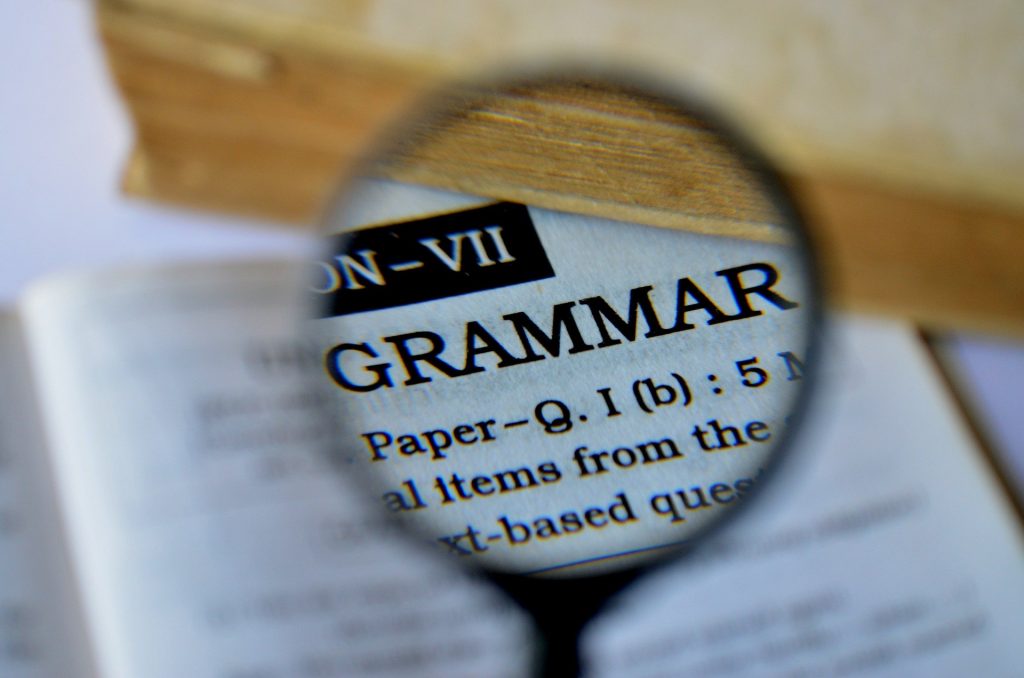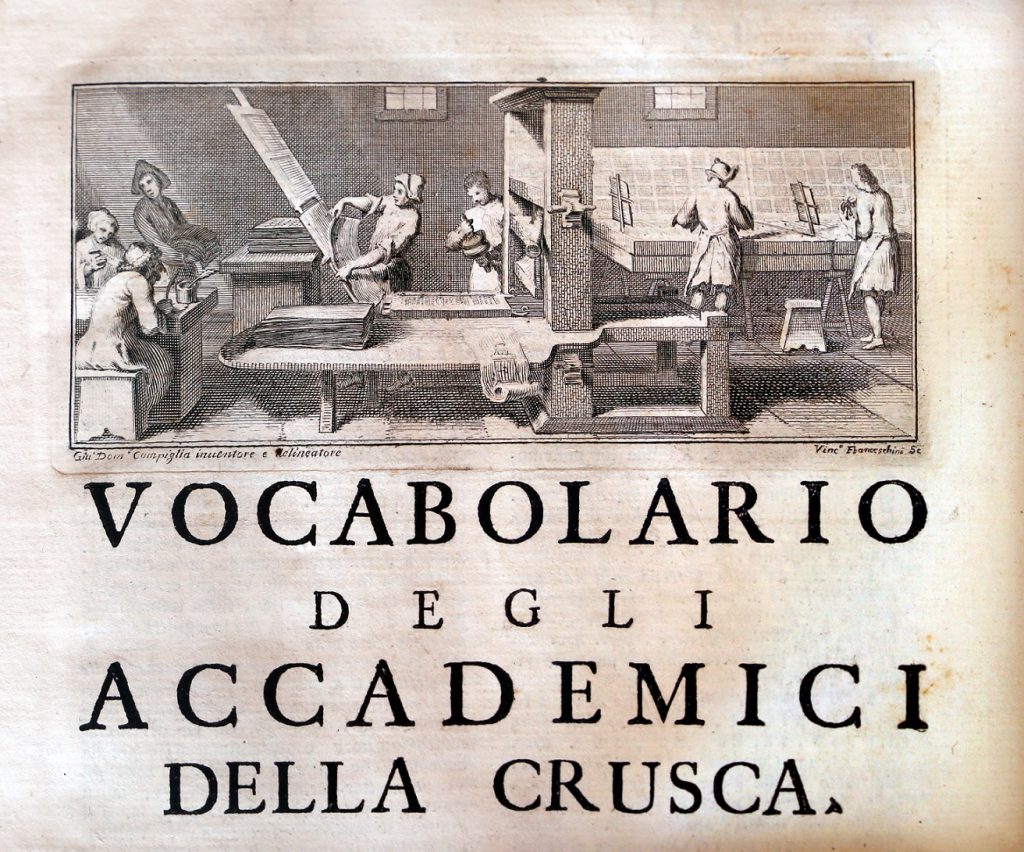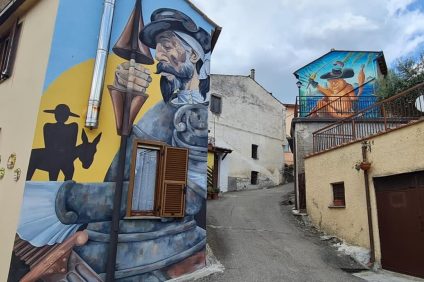The most difficult verbs of the Italian language. The French philosopher, writer and politician Michel de Montaigne (1533-1592) wrote that “Most of the world's problems are due to grammar issues”. Perhaps not quite the majority, but if French grammar is complex, even the Italian one creates more than a headache. And, in the obstacle course that anyone who approaches our language has to face, verbal conjugation is always a tough nut to crack. Especially when we approach irregular verbs, which show anomalies of various kinds. Let's start from the beginning.

Each verbal entry is composed of two elements, the theme and the ending. When a verb is regular, its stem is always the same however it is declined, while what changes is the ending. Which, however, changes in the same way for all verbs that belong to the same conjugation. Thus, for example, the verbs of the first regular conjugation form their stem by subtracting "are" from the infinitive and varying the endings of the modes and tenses in the same way. So far the main rule.
That "ugly beast" of irregular verbs
Problems arise with verbs that undergo changes in the original theme, even in a single voice. Or they even take on different endings from those of the model verb. They are irregular verbs. To give an idea, let's make this comparison. The verb to fear of the second declension, regular, to the first person of the indicative mode present tense becomes I fear, keeping the theme has. Always second declension, the verb keep quiet to the first person of the indicative way the present tense becomes I'm silent, by changing the theme from tac a heel Not to mention the verb to go, which in the first person of the present indicative mood becomes me vado (!!!).
What are the very difficult verbs of the Italian language? We remember the best known, andare, give, stare of the first conjugation. The irregular verb do it seems to belong to the former but actually belongs to the latter because it derives from the Latin do. There are many irregularities in the second conjugation, few in the third. Some even undergo changes that are the result of adjustments between the stem and the ending.
Did I open or did I open? Did I give or say? The difficult remote pasts
We rely onBran Academy, true authority on the subject, to "tell" the oddities of some (only a few ...) among the most used and most anomalous irregular verbs, pass the term, of the Italian language. To be clear, those who challenge not only those who do not know Italian but sometimes even those who are native speakers. Doubts about certain verbal forms are always lurking. For example, the verb open in the distant past it becomes I opened o opened? Well, both forms are correct, today it is more common I opened but in ancient times both were used.
The verb cook in the distant past ago cook, cook, cook, cook, cook, cook ... it sounds bad, says the Accademia della Crusca itself, but that's right. I gave o said? Family of the verb to give, past tense, both forms are fine but the most used is the first. Same speech in the forms devo o I have to: both good. It is the past participle of the verb require, which? Not certain required, but exact. A verbal form, however, now only used in bureaucratic language. Commonly the word exact has different functions and means right, accurate.

It doesn't hurt to remember - even Crusca likes the pun - the verb harm which in the distant past does no here and the past participle è harmed. Did you know that in the past tense the verb reflect fa I reflected but also reflexes? With two different meanings: I reflected for consider, reflexes for send reflections. Three forms for the verb satisfy: sI am satisfied, satisfied or satisfied. All three are fine even if the third, while not wrong, is very rare. I shone o you shine? Both are good for the past tense of the verb shine.
About the very common verb to stay, the Accademia della Crusca is keen to remember that the first person of the verb is written hundred, without accent. It is a frequent mistake…. Finally, another play on words with the verb happen, because everyone can make mistakes. Its past participle can be happened but also success: correct both forms, but with different uses and meanings. Happened means taken over, success must be used with the meaning of happened.
All clear? In the story of this beautiful and complicated one of ours English Language, it is nice to remember that already in 1861 the newborn Italian state gave teachers a very precise directive. Those were the years in which compulsory school stopped in the second elementary grade. Speaking of verbs, the guideline was this: "the most useful and important grammatical exercise in this class (second grade) is the oral and sometimes written conjugation of regular and many irregular verbs in the past tense, the use of which is very frequent "(MG Lo Duca, 2012).





